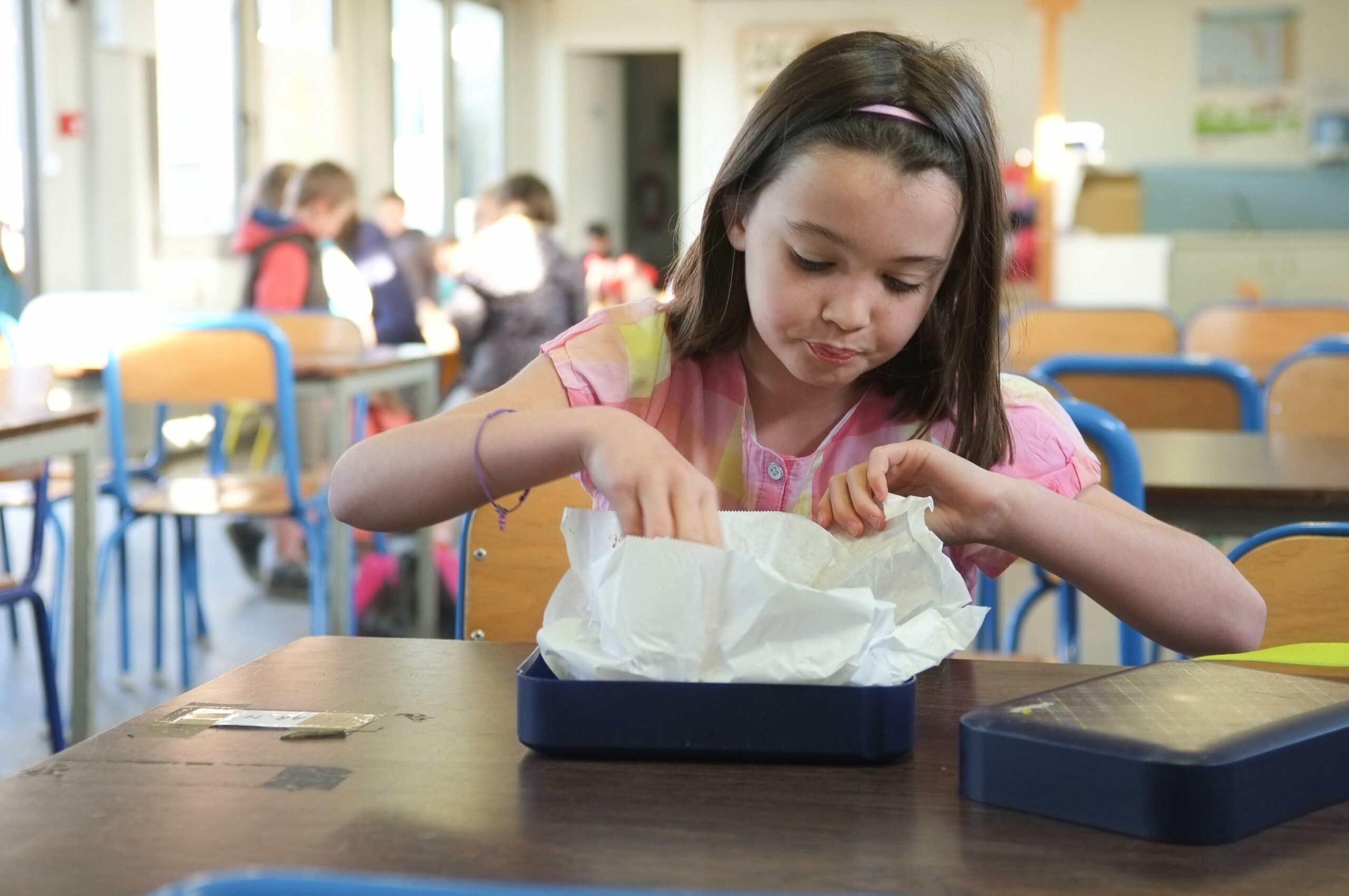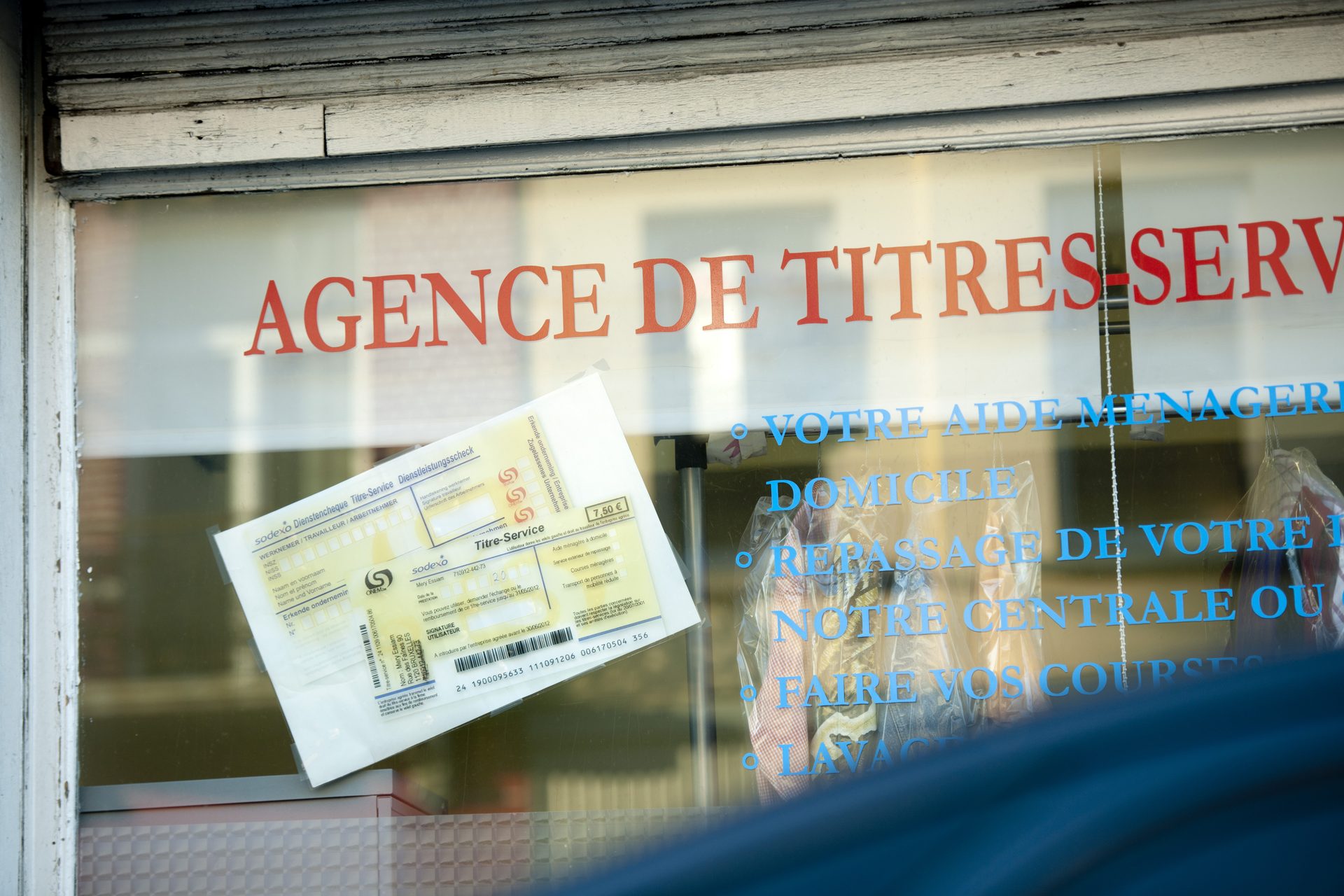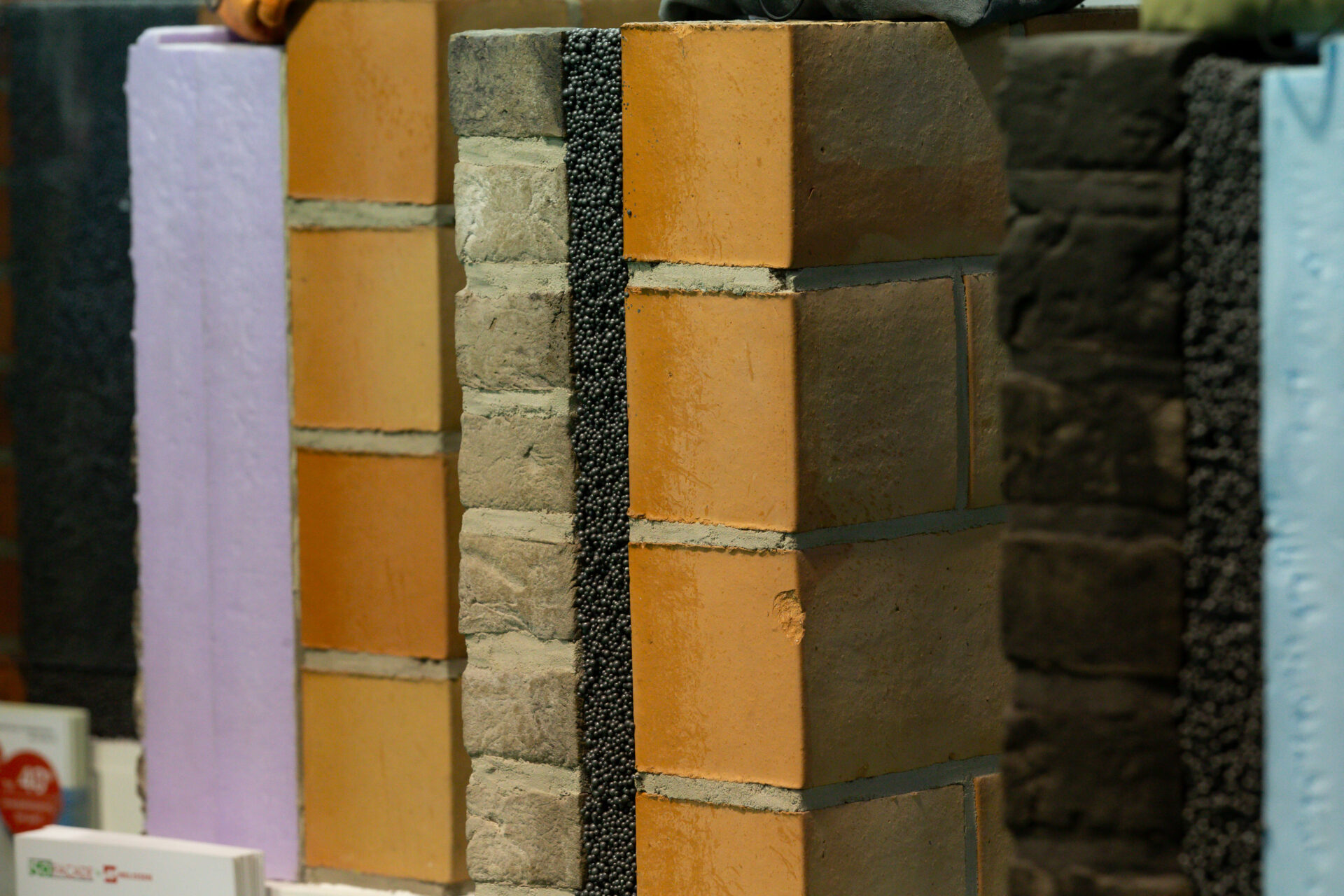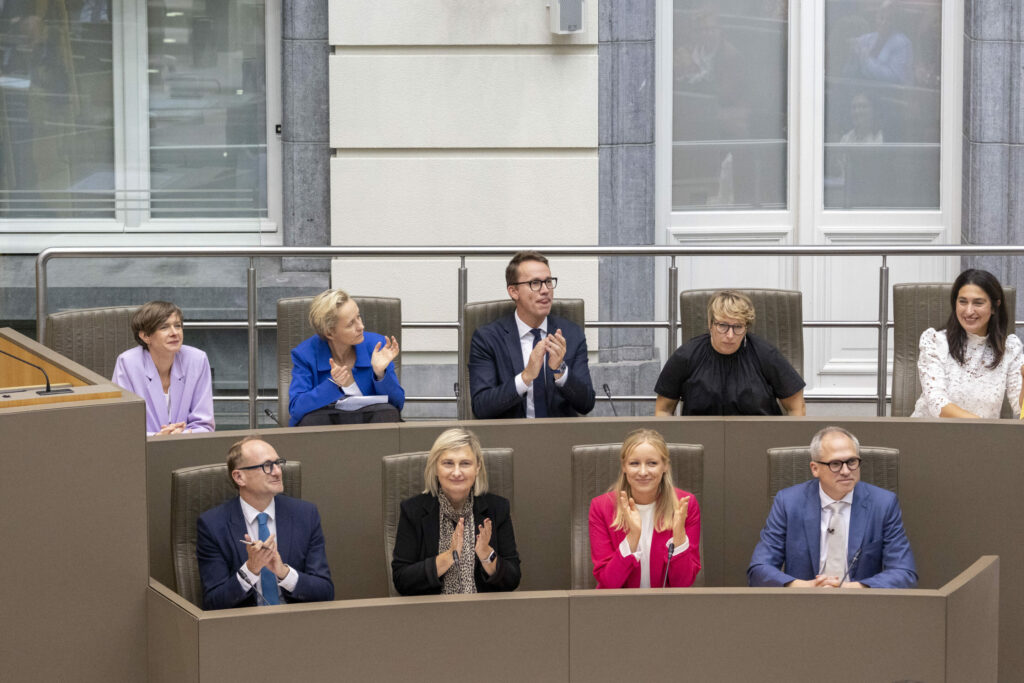The new Flemish Government will be spending a total of €3.668 billion on new policies over the coming five years, mainly benefiting childcare, public transport and people with disabilities. But where is that money coming from?
Not long after Flanders' nine new ministers (five for right-wing N-VA, two for Christian Democrats CD&V and two for socialist Vooruit) took the oath, the incoming Finance and Budget Minister Ben Weyts (N-VA) presented the government's budget plans.
"We have new needs in Flanders and we must dare to invest in them, but we must also have the courage to look at where the money should come from," said new Flemish Minister-President Matthias Diependaele (N-VA) on Flemish television.
The money will be sourced through savings, reforms and efficiency gains, he said. "We must dare to make clear choices. With the three parties, we have put many policies in that coalition agreement that we all support. We have looked for more money, but we are sticking to a budget balance in 2027."
What will the Flemish Government be spending on?
For welfare, over €1 billion extra is planned by 2029. Of that amount, €478 million will be added to eliminate waiting lists for people with disabilities.
Childcare will receive an additional €200 million and out-of-school childcare €80 million. In return, a meaningful use of time and a focus on Dutch will be required from now on. For elderly care, there is an additional €140 million and for youth care €120 million.
For each of the next two years, €200 million will also be set aside for digitisation in education, with which new laptops can be purchased, for example.
There will be healthy meals at school – one of Vooruit's priorities – but these cannot cost more than €70 million. "We are not going to oblige every school to hand out healthy food, but schools that have issues providing healthy food can receive help provided that the local authorities also contribute," Weyts said.

Credit: Belga/Bruno Fahy
For the major infrastructure works in the coming years, the budget will rise to €476 million in 2029. However, this does not include the Oosterweel works, which are still excluded from the budget. Flemish public transport operator De Lijn will be allocated a one-off €400 million extra next year, partly to buy new buses.
Up to €180 million will be added annually for school construction and €100 million for care infrastructure. Finally, the inheritance tax reform will cost €350 million and the reduction of registration fees €190 million.
Where is the money coming from?
The Flemish Government is significantly reforming the traffic taxation system. Flanders wants to introduce a 'road vignette' for internationals, which should raise €130 million each year from 2027. This would be done in consultation with Wallonia, which has similar plans.
Additionally, electric cars will also have to pay road tax from now on and the kilometre charge for trucks will rise, based on environmental characteristics. In both cases, this should bring in €140 million annually by the end of the legislature.
Service vouchers (titre-services) will become more expensive: the price per cheque will go up €1, and if inflation rises enough during the legislature, there is an option to add another €1. This will benefit the cleaning assistants themselves. At the same time, the tax advantage on the vouchers will disappear, giving the budget €182 million annually by the end of the legislature.

A service vouchers agency. Credit: Belga
The elimination of the so-called 'job bonus' (a bonus for people earning less than €3,000 gross per month) will come to €227 million.
A reform of the gift tax on inheritance will bring in €40 million. In case of death in the five years after the donation (instead of three years currently), inheritance tax will still have to be paid.
In education, separate school subjects on religion, such as Catholicism and Islam, will disappear. They will be replaced by one subject called 'interfaith dialogue', both in primary and secondary education. This constitutes an annual saving of €100 million. On top of that, new Education Minister Zuhal Demir (N-VA) must find a way to save €159 million annually on secondary education.

Insulating a house helps reduce the cost of energy bills. Credit: Belga/Nicolas Maeterlinck
As there is much to be invested in the infrastructure for tap water in the coming years, the government is working on how to raise €113 million a year for this from the Flemish people. This will be up to Environment Minister Jo Brouns (CD&V). In the case of the MijnVerbouwPremie ('MyRenovationPremium'), the components that are not related to energy renovation will be removed.
The government also wants to save on its own management. Operating funds, which were not indexed last legislature, will now receive a limited indexation. As revenues rise along with the index, this will eventually yield annual savings of €395 million.
Public transport company De Lijn will now be allowed to determine its own pricing policy, but will have to make up to €70 million in additional revenue. The Flemish Employment Service (VDAB) has to make do with €80 million less.

